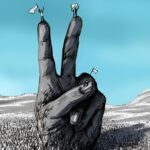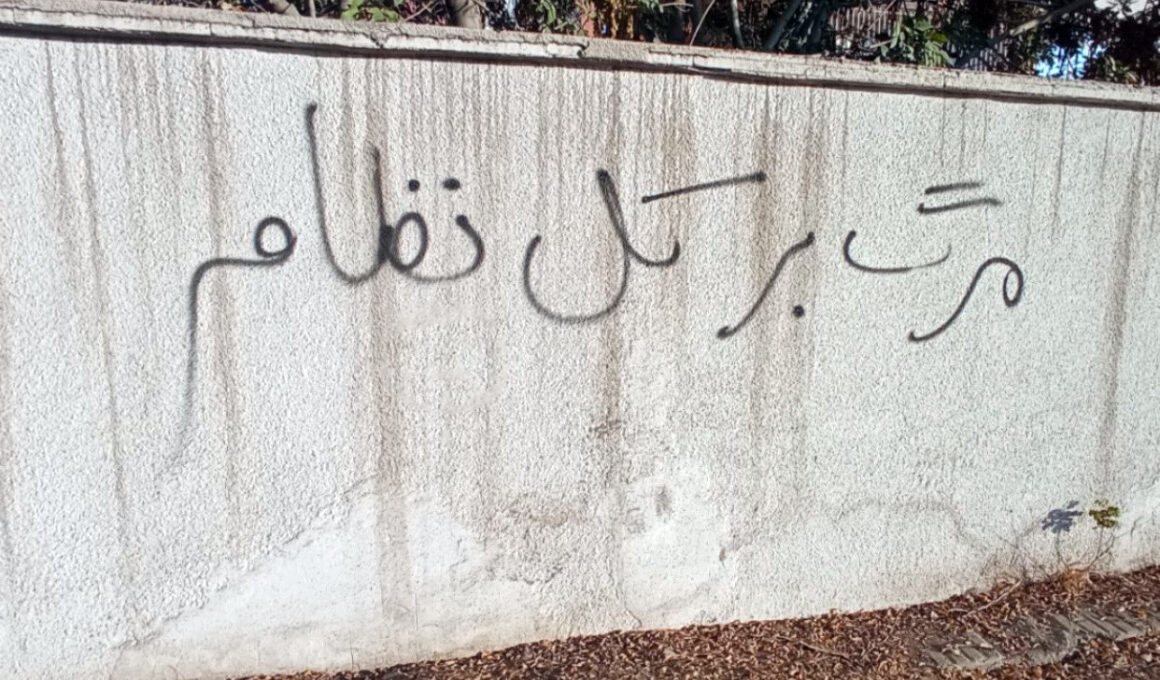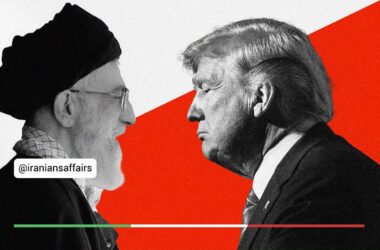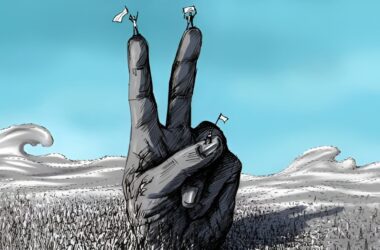The rule of law and rule by law represent two opposing concepts. In one, law governs all aspects of society, and rulers are bound by it. In the other, rulers legislate to impose their will.
In recent decades, the concept of illiberal regimes has gained significant traction in political thought. Illiberal regimes span a wide spectrum, from traditional autocracies to totalitarian systems. In the 21st century, socialist and religious systems are perhaps the most prominent examples of illiberal states, operating on principles of statism and social engineering.
In liberal systems, the rule of law ensures the protection of individual rights and freedoms and is upheld through democratic structures based on public consent—the cornerstone of liberal democracy. Laws are made for the people and derived from their expressed consent through elections and referenda. Such laws align with other components of modern states and form the foundation of democracy’s appeal in contemporary times.
In contrast, illiberal systems legislate to dictate the duties of the people toward the ruling class. Citizens lack rights and autonomy. Laws serve only to protect the privileges and interests of the ruling elite and, ultimately, aim to restrict and suppress freedoms.
This is most evident in totalitarian regimes, where discriminatory laws benefit the dominant ideology, shaping economic, social, and cultural relations to favor the ruling minority. Numerous examples of such laws have been documented by political scholars.
In recent decades, political researchers have emphasized the distinction between legality and the rule of law. Some discussions prioritize democracy over legal frameworks or liberalism (freedom and rights) over democracy. These preferences often reflect a caution against excessive legislation in social domains and, in some cases, argue that the rule of law is better upheld with minimal and supervisory legislation.
These considerations might seem remote from the realities of contemporary Iran. However, when a regime seeks to impose oppressive will through excessive legislation, reflecting on the principles of law and the concept of the rule of law becomes essential.
The hijab and chastity law is a clear example of legislating for oppression. Such laws are typically met with widespread discontent. For instance, legislation restricting access to information (internet filtering and satellite bans) and lifestyle choices (eating and celebrating) in the Islamic Republic of Iran mirrors similar restrictions in Afghanistan under the Taliban, the Soviet Union, Eastern Europe during socialist rule, Cuba, and North Korea. These cases have long drawn the attention of historians and political analysts.
It becomes evident that civil disobedience against such laws in Iran does not signify resistance to the rule of law or governance by law. Rather, it demonstrates that the people are aware of their rights and freedoms, recognize the role of government, and understand the principles of just laws. On a deeper level, this awareness explains why much of society prefers to focus their opposition not merely on rejecting oppressive laws but on rejecting the totalitarian regime as a whole.

